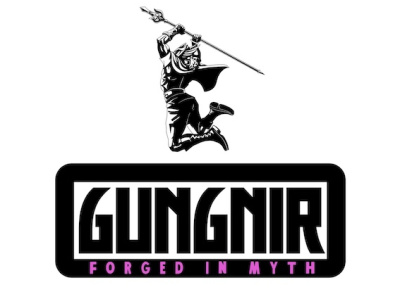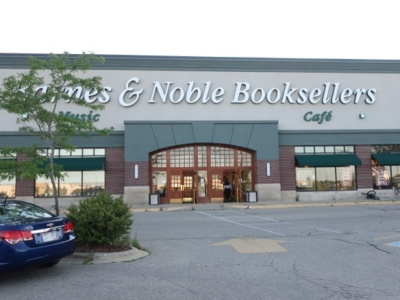Gail Burt of Metropolis Comics in Downey, California saw the recent comments on ordering strategies from Rich Biedrzycki of Dreamland and L. Bowman of the Gamers Den (see 'Rich Biedrzycki of Dreamland Comics on IQ Tests' and 'L. 'Bo' Bowman of the Gamer's Den on Namor') and does do the happy dance when a comic sells out:
In his remarks, Rich says he can't understand doing a happy dance when selling out of an issue of comics. I can.
There are certain issues that I, too, scramble to reorder -- tried and true books that I know will sell later if they don't sell now. But untried properties like Namor, (not the character, just this present incarnation of the book) are just not some of them. Look, having gotten burned on The Brotherhood, which was widely talked about, but which tanked the second it was put on the shelves, and having ordered pretty aggressively on #'s 1, 2 and 3, I was very unhappy with the quantity I had left. I would rather sell out of a title than store 15 unsold copies of a book everyone knows didn't sell when it was released, and frankly will NEVER sell now, and I don't think that makes me shortsighted, or any of the other retailers out there who feel the same way. Do I mind going to back issues with 15 extra copies of ANY issue of Superman, Amazing Spider-Man, Batman, X-Men, just to name a few? Hell no -- I don't mind going to back issues with 50 or 100 extra of those, because I know that over the years, I will sell them all. All I care about is selling enough when they're on the rack to recoup my cost and make a modest profit, so my goal is to sell at least half of what I order. But on a title like The Brotherhood, or even, sad to say, Spider-Man/Black Cat, I am not happy with going back to the bins with a bunch of unsold stock -- there's just not a way to know for sure that you'll ever really be able to even recoup your cost on them. I don't know if I would order only ONE copy of Namor for the shelf; I'd probably like to have 10 for the shelf, because Namor is a recognizable character, has a following, and even if the book itself doesn't last a long time, eventually, I believe it will sell. But I would definitely NOT like to have even as many as 10 or 15 unsold copies left 30 days after the release date, because it's just too many to have to store and too uncertain as to how long I'd be doing that. That's not dumb, it's just good sense -- and as you say, there are ways to re-stock. Many of the smaller distributors will still have copies after Diamond has sold out, and other local dealers will, too. I've forged friendships with many other local dealers, and have many avenues to pursue when trying to obtain some more copies for back stock on these things.







